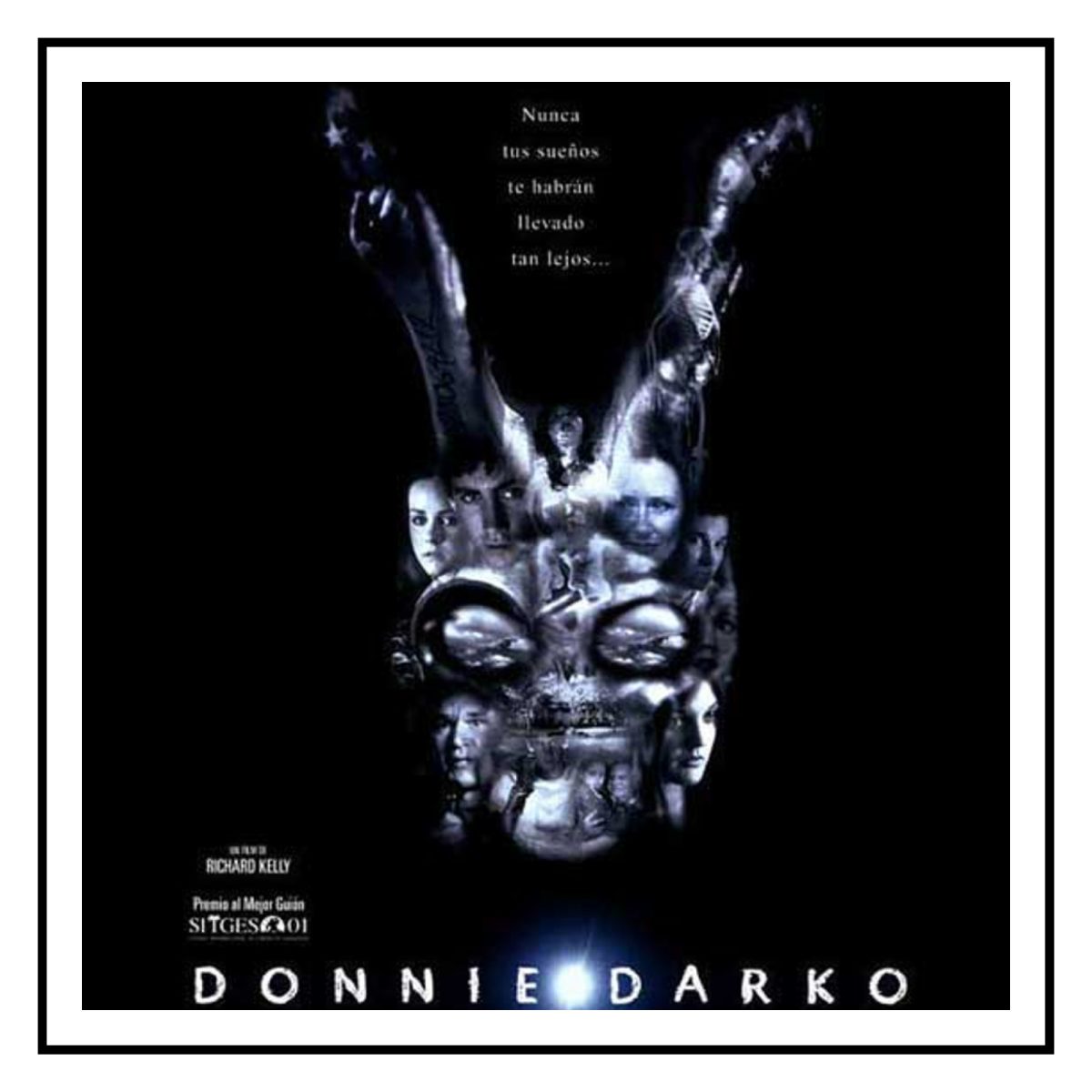“Donnie Darko,” a cinematic masterpiece crafted by director Richard Kelly, is more than just a movie; it’s a haunting journey into the complexities of adolescence, mental health, and the intricate dance between reality and imagination. Released in 2001, the film resonates with a raw and relatable portrayal of teenage struggles.
At its heart is Jake Gyllenhaal’s gripping performance as Donnie, a high school student navigating the tumultuous waters of self-discovery. Gyllenhaal brings an authenticity to Donnie’s character that is both heart-wrenching and captivating. We witness Donnie’s emotional rollercoaster, heightened by encounters with the enigmatic rabbit figure, Frank, and the unsettling twists of a non-linear narrative.
The film’s ’80s soundtrack creates a nostalgic backdrop, underscoring the emotional turbulence of youth. Donnie’s journey is further enriched by a stellar supporting cast, including Jena Malone, Drew Barrymore, and Patrick Swayze, each contributing to the film’s immersive atmosphere.
“Donnie Darko” is more than a puzzle; it’s a mirror reflecting the insecurities, fears, and dreams of adolescence. It skillfully explores themes of alienation, the search for identity, and the blurry line between reality and the surreal. The narrative’s ambiguity invites viewers to interpret and reinterpret, making each viewing a unique and thought-provoking experience. This also develops the feeling of, “he’s literally me.”
While the film’s non-linear storytelling may challenge some, its enigmatic charm lies in its ability to spark conversations and resonate on a deeply human level. “Donnie Darko” is not just a movie; it’s a poignant exploration of the human condition that leaves an indelible mark on those willing to immerse themselves in its emotional and cerebral depths.




